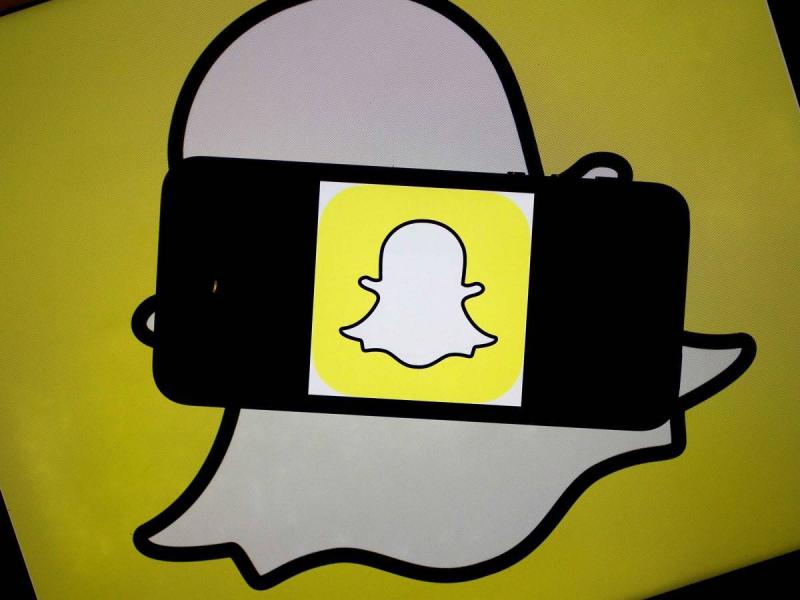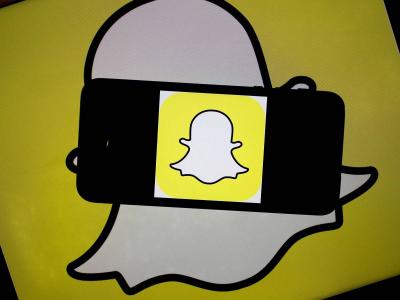The use of the "Snapchat" app increased by over 20% during the worst social media outage in the U.S. in years, when "Facebook" services were down for six hours on Monday. Consequently, "Snapchat" became the biggest winner among competing apps.
"Facebook" attributed the outage to errors in network configurations that disrupted a range of its applications, from "Messenger" to "Instagram," causing a significant portion of its daily user base of 2.7 billion to shift towards rival apps. "Snap Inc." reported a 23% increase in users on its app for Android devices on Monday, compared to the same day the previous week, according to data from "Sensor Tower" shared with "Bloomberg News."
The incident on October 4 also led to an increase in users for other competing applications, including "Telegram," "Signal," "Twitter," and "TikTok," according to the mobile research firm.
The service interruption, which "Facebook" blamed on a misconfiguration change in its servers, negatively impacted small business owners using its apps, while giving lawmakers and critics a chance to argue that "Facebook" has grown into an uncontrollable monopoly that should be scaled back.
Pavel Durov, the founder of "Telegram," announced that his app successfully added 70 million users to its platform, achieving a new high in registrations and activity on Monday. In the Apple App Store, "Telegram" jumped to the top of the free apps category in 40 markets, while "Signal" became the top app in Poland and ranked among the top ten in 35 markets worldwide, according to "Sensor Tower" data.
Alternative apps like "Telegram," which closely resembles the design and function of "WhatsApp," have historically gained millions of users each time the popular "Messenger" app experiences a significant outage, although many users return to "Facebook" immediately after it is restored.
Mark Zuckerberg, the CEO of "Facebook," wrote a memo to employees on Tuesday stating: "We spent the last 24 hours investigating how to strengthen our systems against this type of failure, but our deeper concern is about what that failure means for people who rely on our services, not about how many people turn to competing services or the amount of money we lose."




